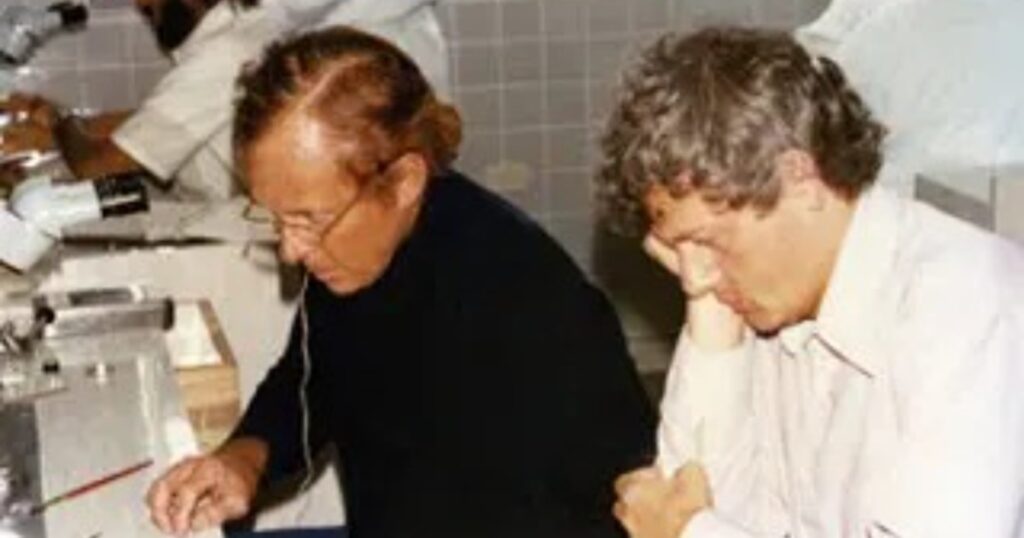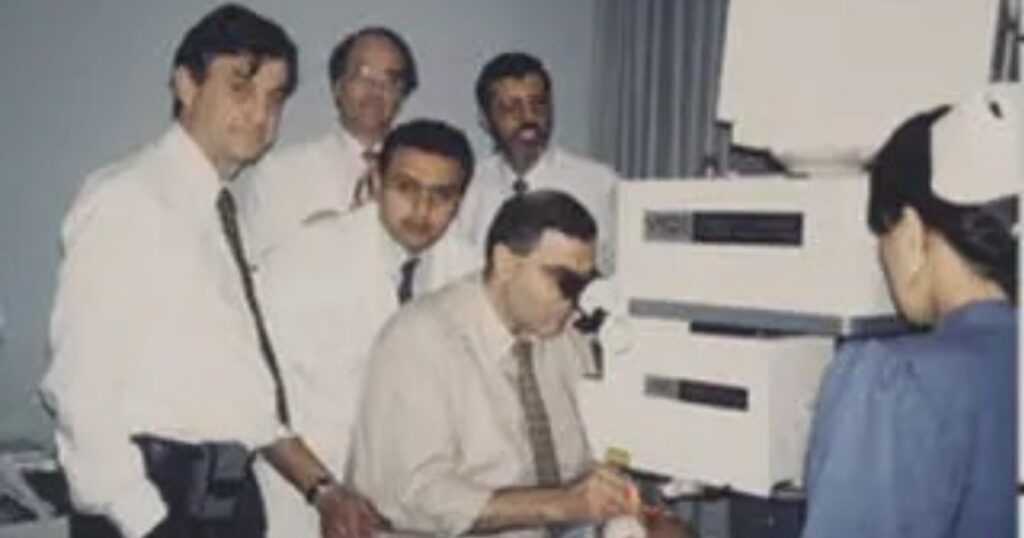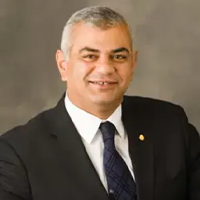The genesis of today’s ISRS dates back to the late 1940s, when Dr. José Ignacio Barraquer’s seminal work in Latin America sought to answer the question of how to alter the shape of the cornea in order to correct optical errors.
In the late 1970s, Drs. Miles Friedlander, Casimir Swinger and Richard Troutman joined Dr. Barraquer in the quest to improve visual performance. These pioneering surgeons realized that an emerging new specialty would require dedication to the rigors of scientific study; hence, the idea of the ISRS was born.
Given the international influences that have shaped modern refractive surgery, it is interesting to note that these four early refractive surgery pioneers first collaborated to launch the ISRS, an organization renown for its international tenor and flavor, in the city of New Orleans, Louisiana – one of the world’s most culturally diverse and international cities.
Three decades of exciting and innovative developments from around the globe followed Barraquer’s early work in lamellar surgery as researchers and clinicians joined the journey to research, develop, and refine refractive surgery procedures.
Along the way a number of forks existed in the road, with some groups promoting the advancement of some refractive surgery procedures over others, yet the ISRS maintained a broad perspective, dedicated to the scientific study of refractive surgery – and dissemination of knowledge to colleagues worldwide – while adhering to strict scientific protocols.
This quest would spark controversy, litigation, clinical trials, and the birth of both a new sub-specialty and new ophthalmic industry, along with new friendships and collaborations that have linked surgeons around the globe. It would also result in a seismic shift in the practice of ophthalmology, and, perhaps most importantly, a dramatic improvement in the quality of life for millions of patients around the globe.
Today, nearly thirty years later, the ISRS is the only society that remains dedicated to refractive surgery with a well-deserved reputation as a meaningful and ethical representative of refractive surgery around the world. Our values are innovation, education, and ethics in refractive surgery; and our mission is to improve the quality of life of our patients by improving their quality of vision.
In the spirit of the Society’s early history the ISRS continues to offer members a non-polemic, apolitical forum for the global exchange of knowledge and ideas through and advances what past ISRS president Dr. Richard Lindstrom calls, “the art and science of refractive surgery.” At its very core, international representation and leadership from refractive surgeons around the globe enable the ISRS to conduct outstanding worldwide meetings and educational programs.
ISRS members also benefit from the peer-reviewed Journal of Refractive Surgery, a world-class scientific journal with the majority of its articles submitted from contributors outside of the U.S. along with various online services.









